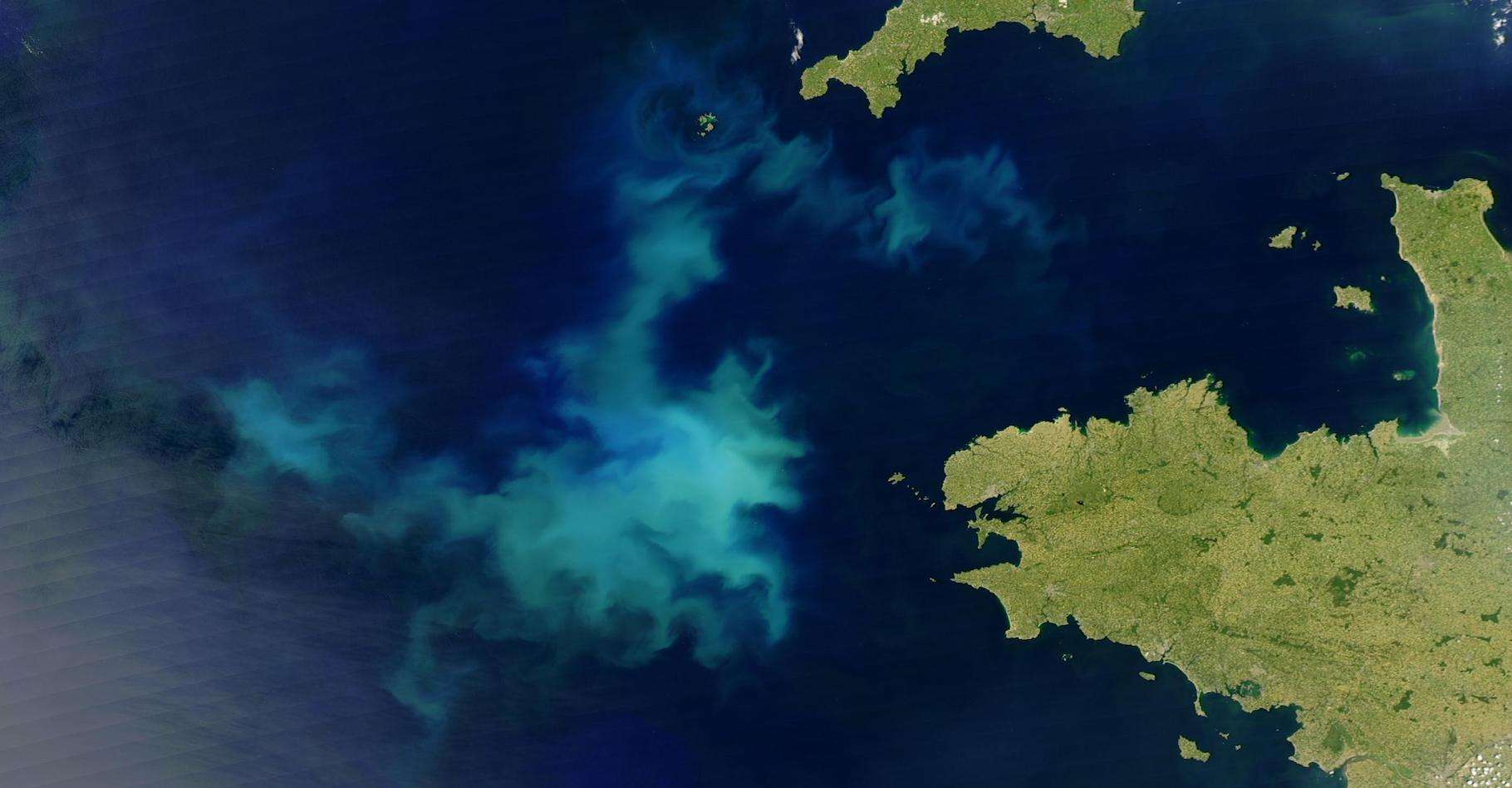
SESAME Project
Sociotechnical trajectory for onshore geological storage of CO₂ in France
So far, the limited development of carbon capture and storage (CCS) reflects the limits of techno-marketing solutions to convince wider audiences of the benefits of this technology. CO₂ storage was brought into the public arena at a late stage of development, and was then discussed through specific projects more than as a new technology to address climate change. While political support grew via R&D funding and roadmaps, CSS was never really debated publicly as a solution to climate change and was restricted to the circle of experts.
France’s recently revised national low-carbon strategy (SNBC) sets a target of 15 million tonnes of CO₂ captured and stored per year by 2050, with some of this volume likely to be stored onshore. Even if this quantified target remains modest, it is already anticipated that the implementation of CO₂ storage projects will give rise to many questions from societal stakeholders, on the risks of accidents or environmental degradation, on the associated nuisances, which could possibly affect the quality of life of local residents, but also on the usefulness of a specific project in the context of an area’s energy transition, and more generally on the legitimacy of such a technological choice for France.Some of these issues may become grounds for opposition and question whether these objectives can be achieved. The deployment of a CO₂ storage technology in a given social environment must in fact be questioned in all its dimensions: a political dimension, firstly, since it involves the decision of elected people; an economic dimension, secondly, since it has an impact on employment in an area and is driven by players wishing to create value; a social dimension, naturally, from the point of view of citizens and NGOs who need to be convinced of the safety and usefulness of a storage site ; a technical dimension, since the feasibility, operability and safety of the technology over long periods of time must be guaranteed; an ecological dimension, since its impact must be controlled; and finally a legal dimension, since this technology falls within a legal framework, the Mining Code, which is currently being reformed, as well as the Environmental Code.
In this context, in the light of all these preliminary observations, the most favourable conditions for the deployment of this technology will be achieved if all the stakeholders are involved as early as possible, from the stage of debates on the technology, its importance and relevance in the French socio-normative framework, then at the stage of defining and carrying out projects, particularly in establishing the conditions for their implementation and their governance.
The main objective of this research project is to propose a methodology for co-constructing and implementing a CO₂ storage technology roadmap with stakeholders. Such a methodology will be based on an analysis of the conditions to be met for the implementation of projects, particularly onshore. It will capitalise on case studies in two geographical areas in which such foresight exists.
This research project will analyse and evaluate various parameters in more detail: the spatiotemporal dimensions associated with an onshore CO₂ storage project, the consequences of the future implementation of a technology that is essentially theoretical at the moment in France, an understanding of the role, skills and responsibilities of each of the players in the deployment. The final deliverable will be a proposal for the next steps in moving forward with the deployment of this technology, with the definition of an information, consultation, co-construction and evaluation mission involving stakeholders (elected representatives, associations, researchers, project developers, institutions) for an onshore storage project in France. This project will capitalise on the numerous studies on the acceptability of CO₂ storage in various European projects (Lacq, Ketsin, Barendrecht) to provide stakeholders with relevant information based on empirical experience.
A transdisciplinary approach should make it possible to avoid the pitfall of technocentric approaches in order to understand the existing barriers and create the most favourable deployment conditions for CO₂ storage in France.
5-year term – Estimated budget of €1.56
Expected: 5 theses – 1 post-doc – 8 scientific dissertations – 10 conferences 8 Master 2 students
The consortium
TREE (CNRS, Université de Pau, et des Pays de l’Adour), LP3C (Université Rennes 2, Sciences Po Bordeaux, Mines ParisTech), LOTERR (Université de Lorraine) DS (IFPEN, BRGM), INSU (CNRS).
Coordination

More projects


